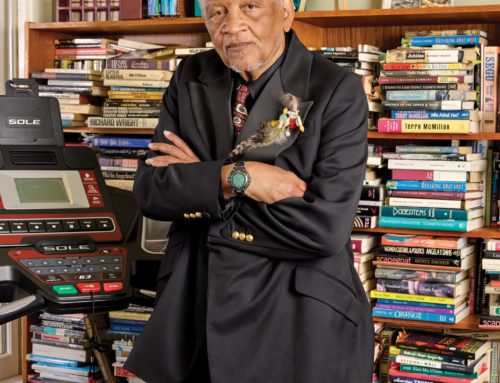“I hate reading ‘difficult authors.’” In this interview filmed in 2011, French writer Antoine Volodine looks pained when asked why he dislikes hearing his books called “difficult.” He counters that his books are only difficult to summarize, not to read. It’s true: the ramifying narrative strands of Volodine’s novels fascinate, but they are almost impossible to describe. Like the fictitious novels penned by one of his writer-characters in the newly translated Writers (Dalkey, 2014; Éditions du Seuil, 2010), Volodine’s books consist of “dark scenes, oscillation between political and mystical spheres, biting humor, nested story lines, tangled interior worlds, portrayal of the drift towards madness or death.” And Volodine’s books present a further difficulty for summary: they belong to a fictional-yet-real literary movement named (by Volodine) “post-exoticism.”
In a “post-exotic” novel, the plot usually begins long after the defeat of an unnarrated “world revolution”; the characters are often revengers or revolutionaries, now imprisoned, or mad, or dead; and the narrative voice shifts among narrators and “surnarrators,” in books-within-books ascribed to various heteronyms—these last are fictional post-exotic writers who sometimes also publish books in our world. (Volodine’s heteronyms with autonomous literary careers include Manuela Draeger and Lutz Bassmann.) Their battle lost, these fictional post-exotics have not conceded defeat or renounced their beliefs; instead, they’ve taken up writing—but post-exotic writing is a lowly, risible act, often consisting merely of tapping on pipes in prison cells, or murmuring or sighing or coughing out words that come to nothing in the end.



